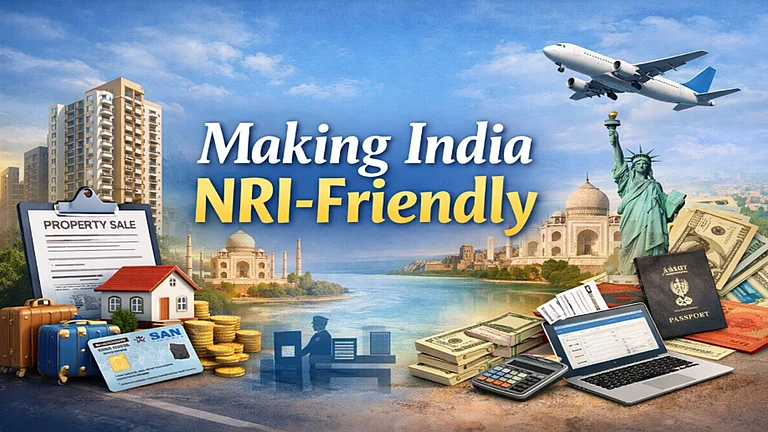Many non-resident Indians may often find themselves in a dilemma when it comes to buying health insurance in India. A health plan for them is needed for financial protection during short visits to a home in the country. However, many might hesitate to commit to high annual premiums, particularly when the chances of actually making a claim, i.e., using the insurance are already low.
As a solution to this quandary, a few Indian insurers offer discounts to NRIs on health insurance premiums. Such offers, on the face of it, sound straightforward, but they come with some conditions that customers should be aware of.
What are NRI discounts on health plans?
Many insurers such as HDFC Health, ICICI Lombard, and Star Health offer premium discounts to NRIs which range from 10 per cent to 40 per cent. These discounts apply at the time of first purchase as well as at subsequent renewals.
However, the catch here is that no claim should be made during the policy term.
According to Siddharth Singhal, Head of Health Insurance at Policybazaar, an online insurance marketplace, “the discount offered to NRIs is primarily a reflection of risk-based pricing, acknowledging the statistically lower likelihood of claims due to their typically shorter stays in India.”
The reasoning is that since NRIs typically spend a limited number of days in India, the likelihood of them filing a claim is lower. Insurers use this reduced risk by offering them discounted premiums.
Condition: If a claim is raised during a policy year, the customer is required to pay the difference between the discounted premium and the original base premium before the claim is processed.
How does this work in practice?
Say an insurer offers a 40 per cent discount on a health plan with a base premium of Rs 45,000.
The NRI customer would pay a Rs 27,000 premium at the time of buying a policy. If no claims are made, this discounted rate continues at every renewal.
However if a claim is filed during the policy year, the insurer will ask the customer to pay the pending Rs 18,000 before the claim is honoured.
In simple terms, the discount is reversed in the event of a claim. So while the upfront savings are real, the cost is deferred, not waived, if medical treatment is needed.
What are the eligibility conditions?
The discount is not automatically available to all NRI buyers, there are some specific conditions to meet the criteria. These are:
The policy premium must be paid via an NRE (Non-Resident External) bank account
All members covered under the policy must be NRIs
These discounts are valid only on India-specific plans, not global health covers
The premium must be paid in full as a lump sum; installment payments (monthly, quarterly, etc.) are not eligible
What paperwork is needed?
When it comes to paperwork, typically the insurer would ask you for:
A filled NRI declaration form
A copy of the applicant’s passport showing immigration stamps
Proof of residence in India and abroad
Proof of overseas employment or business
Beyond these discounts, why should NRIs buy health plans in India?
While discounts may be the first thing that grabs your attention, experts say NRIs should consider the full picture before purchasing any plan. According to Singhal, this includes evaluating:
Adequate sum insured for treatment in India
Frequency and duration of travel to India
Any available options for family floater plans if other family members are based in India
Tax benefits under Section 80D (available only if income is taxable in India)
Exclusions and limitations of the health plan
Will your country of residence impact premium pricing?
Says Singhal, “An NRI's country of residence does not directly impact the base premium for health insurance plans in India, as these plans are designed for domestic coverage within India.”
This also means that if treatment is sought abroad, these policies will not cover the expenses.
For some, such NRI discounts can be a good option particularly those who want financial protection against any health emergency during visits to India. However, the catch lies in the fine print, access to your needs and health conditions since a claim would reverse this discount.
















